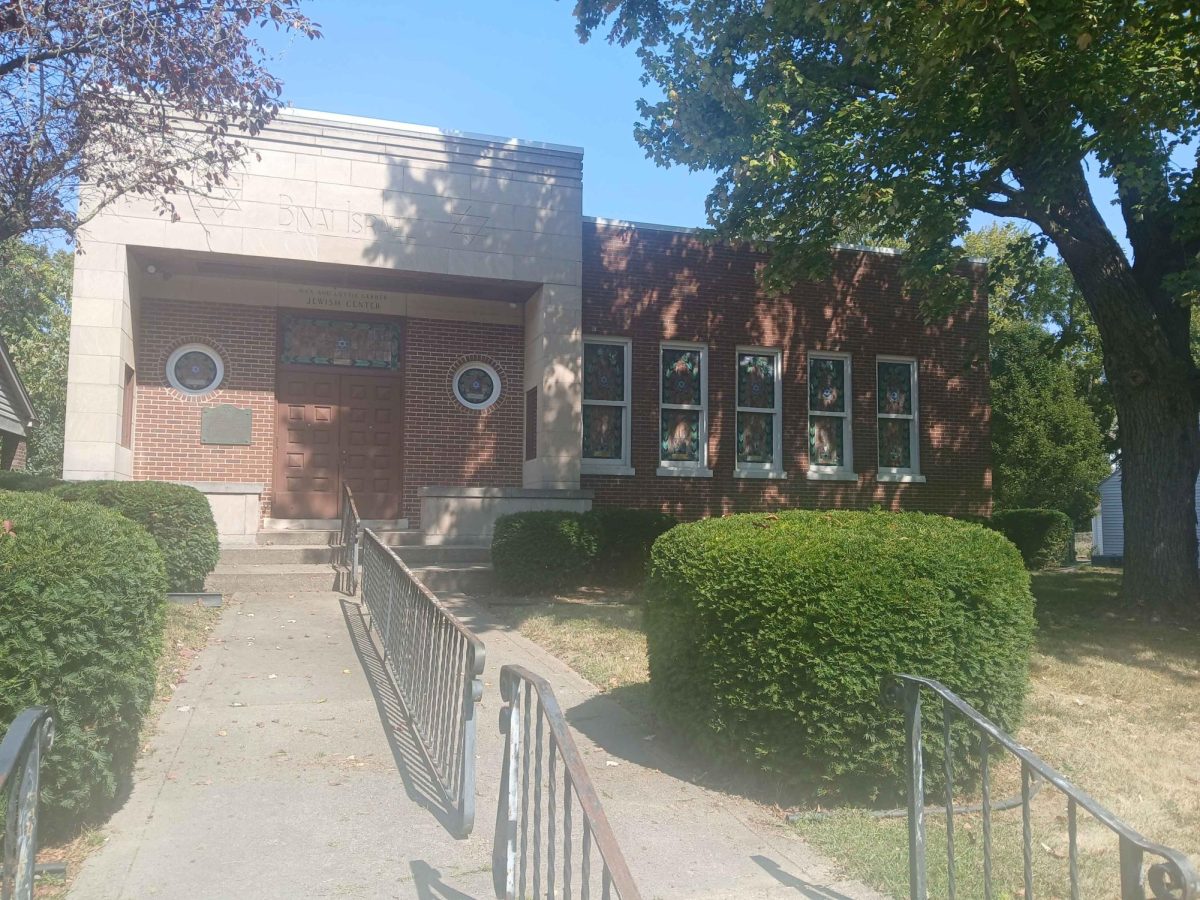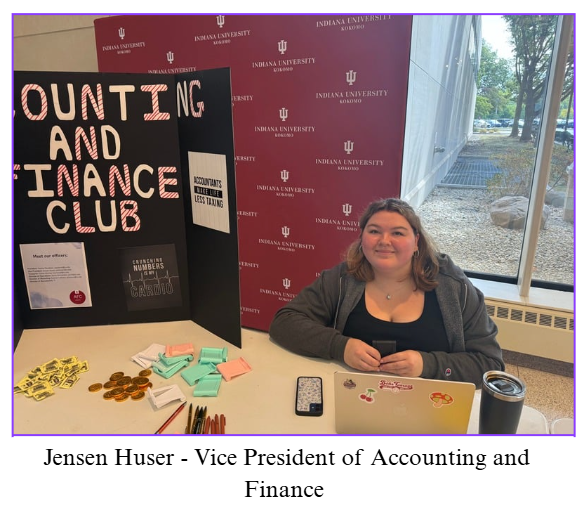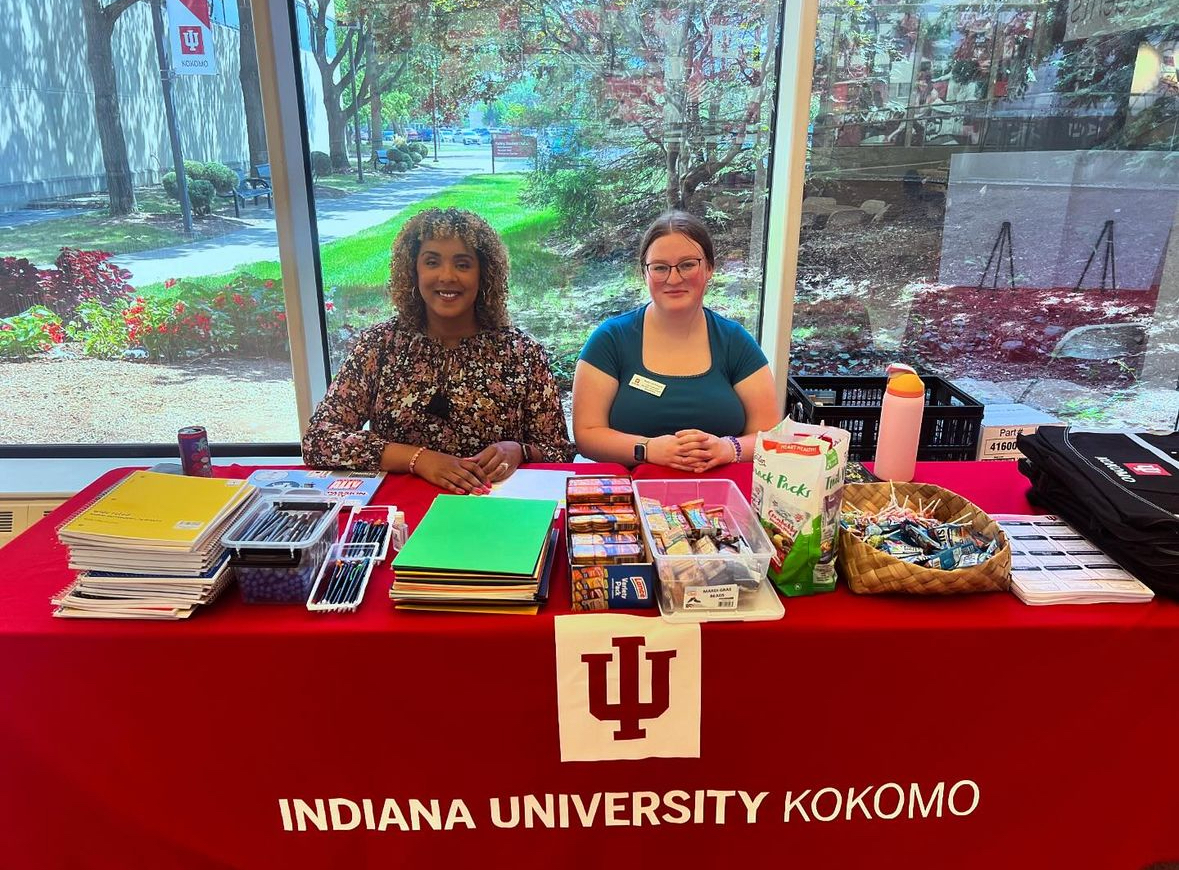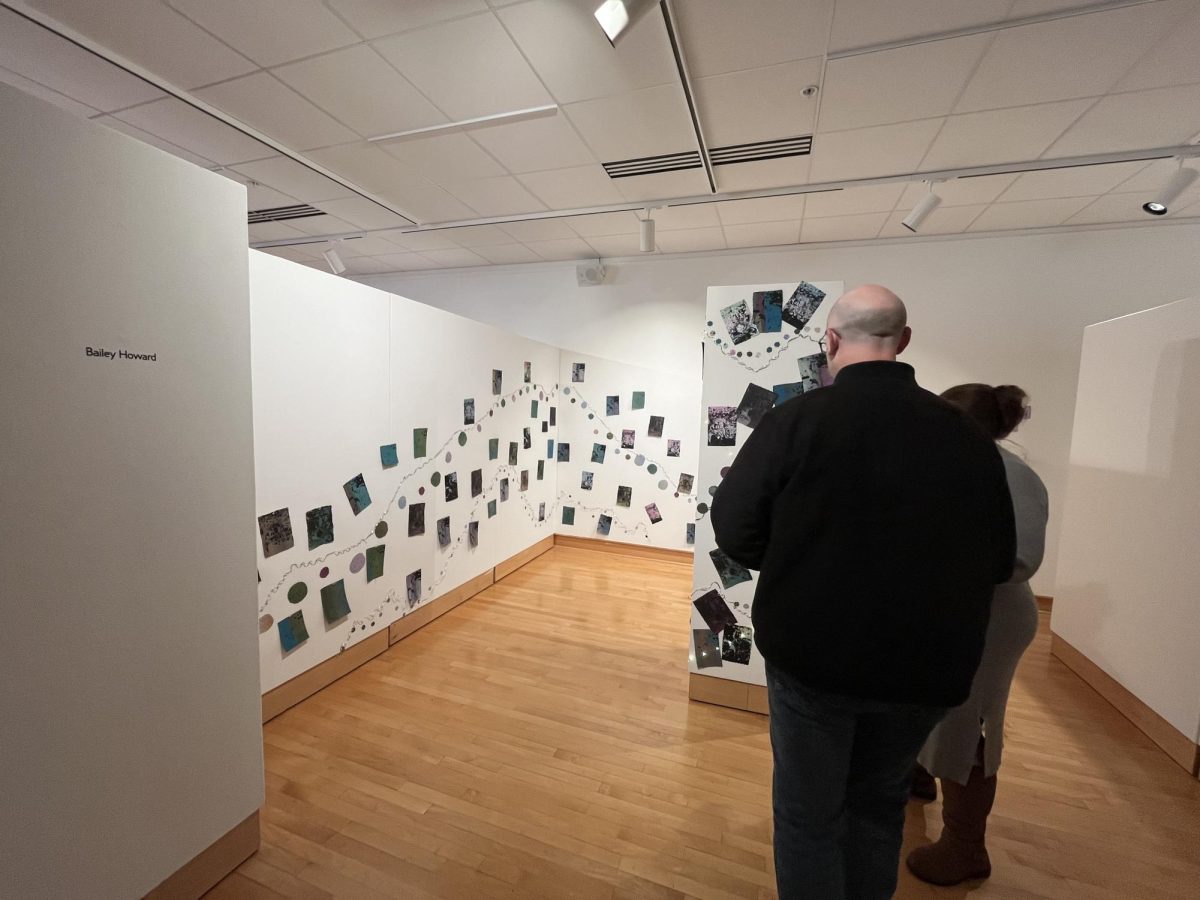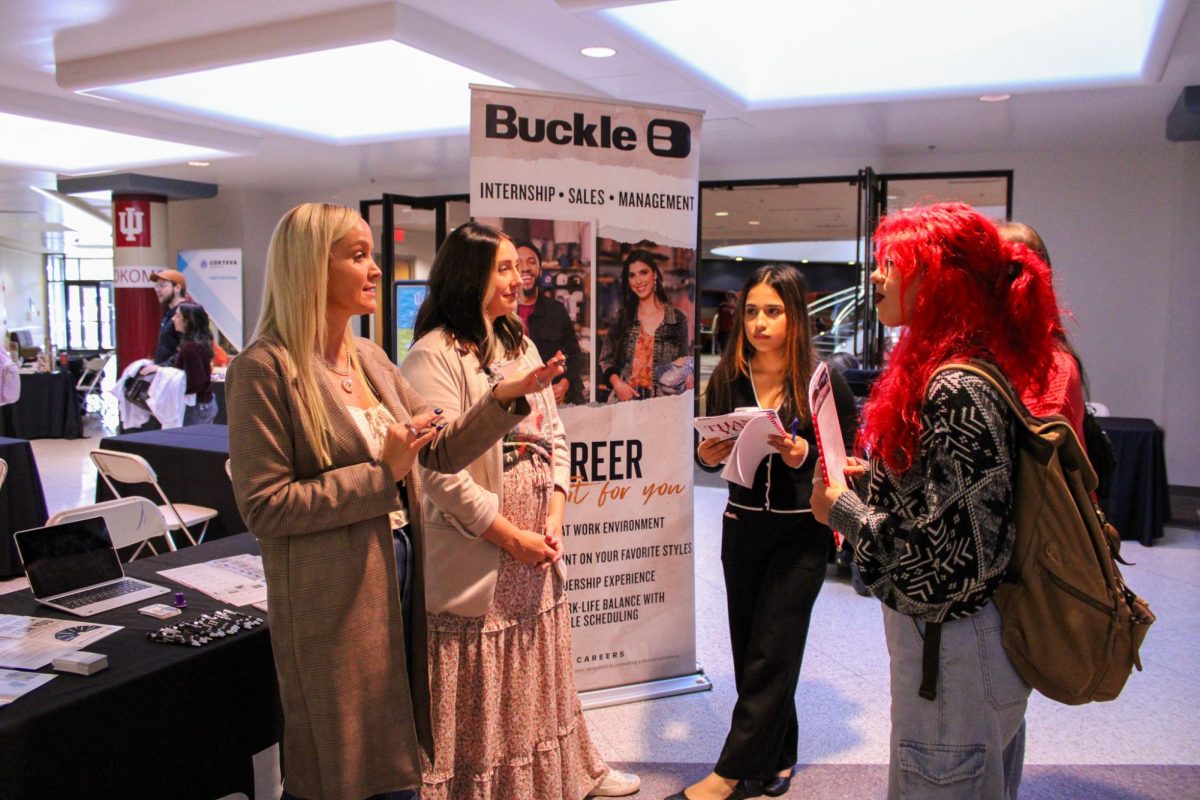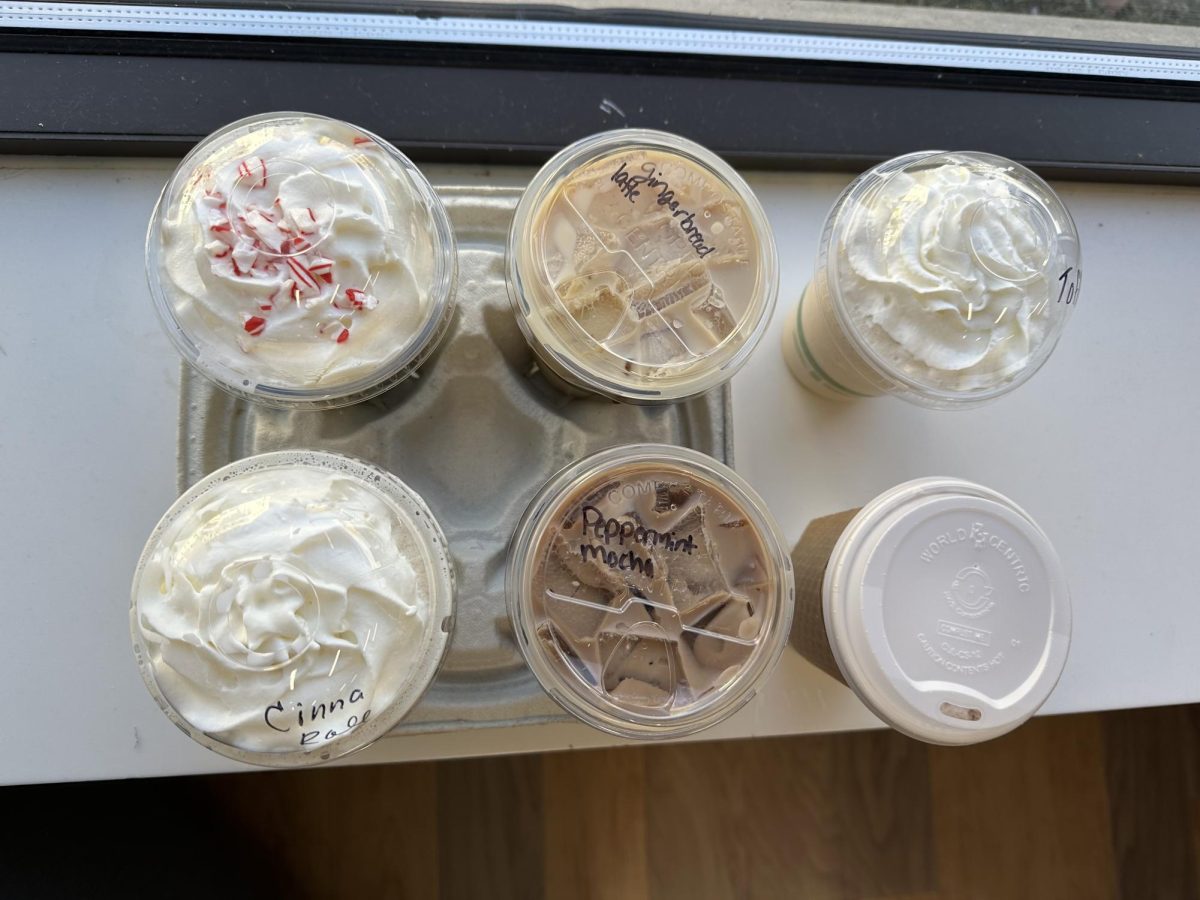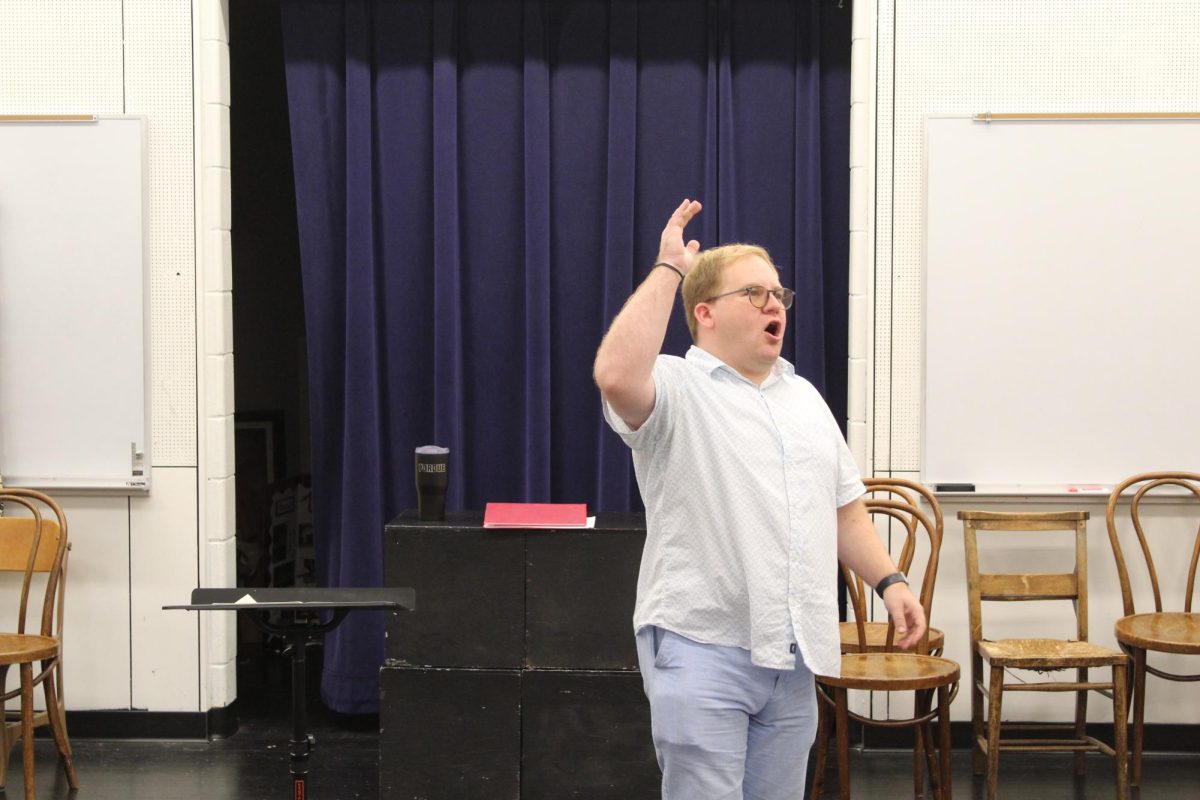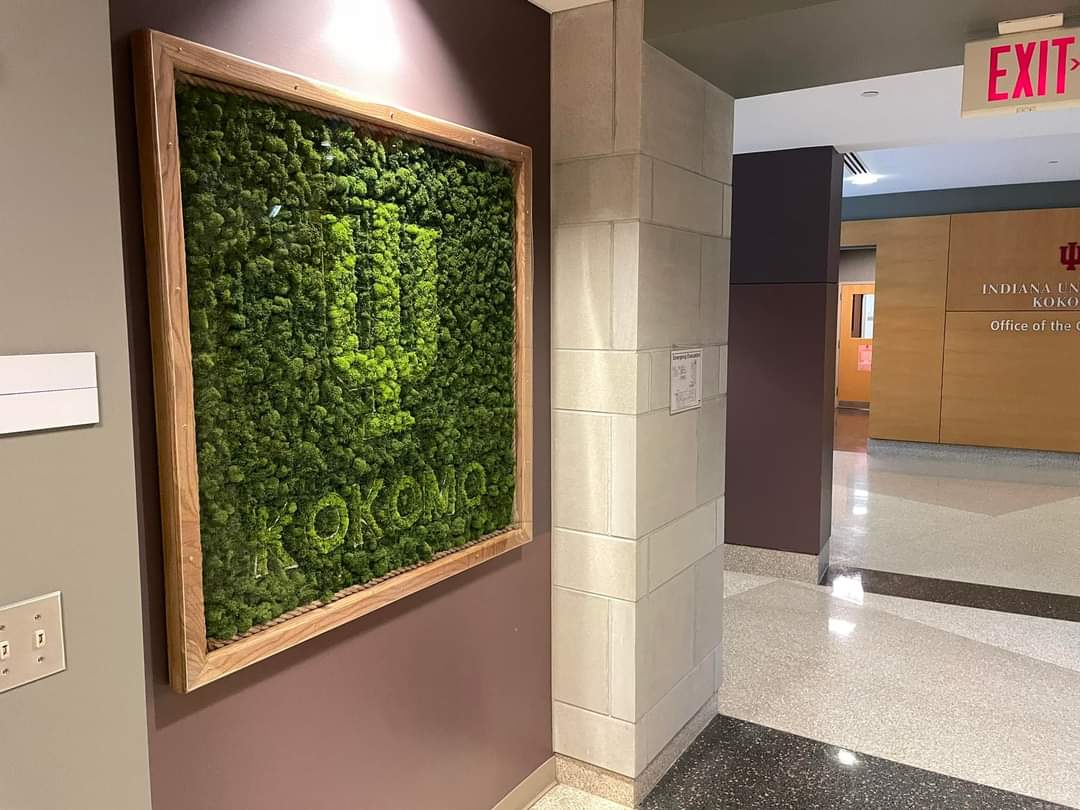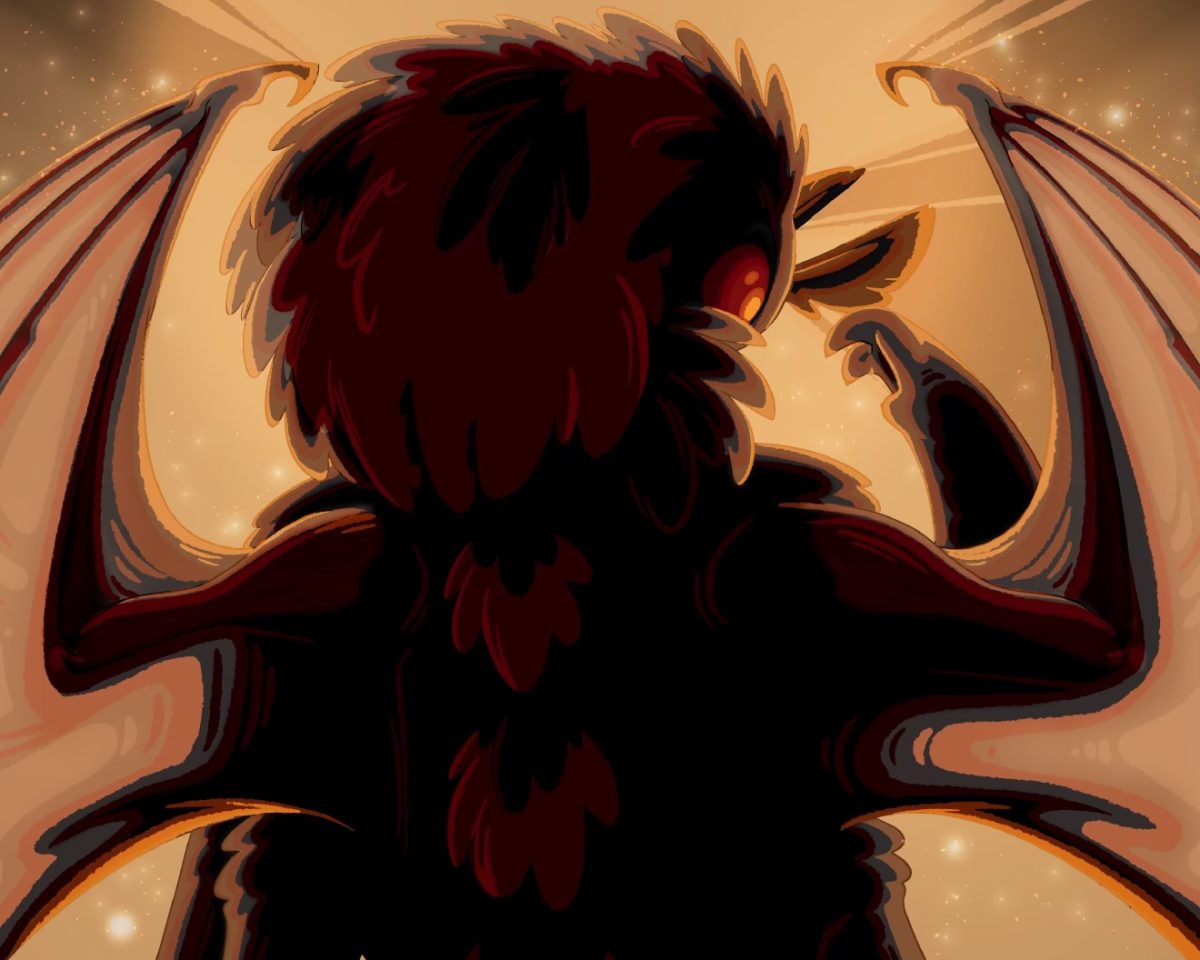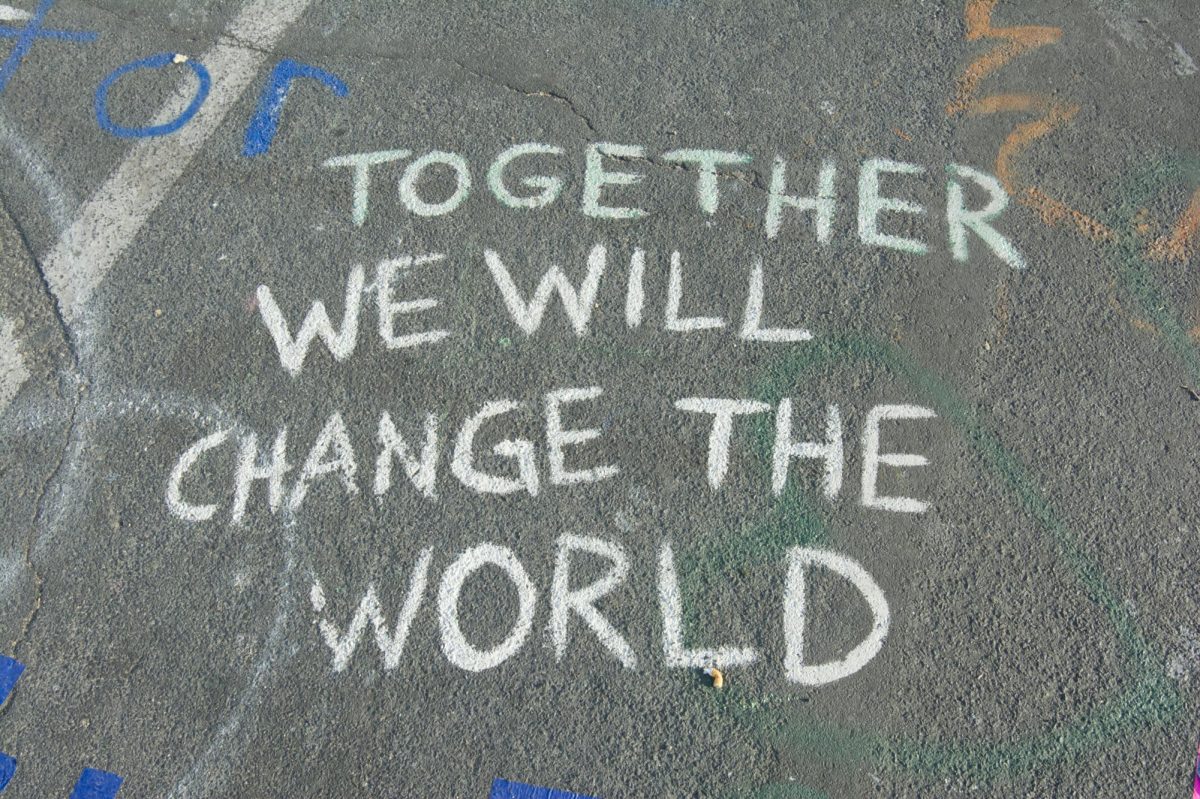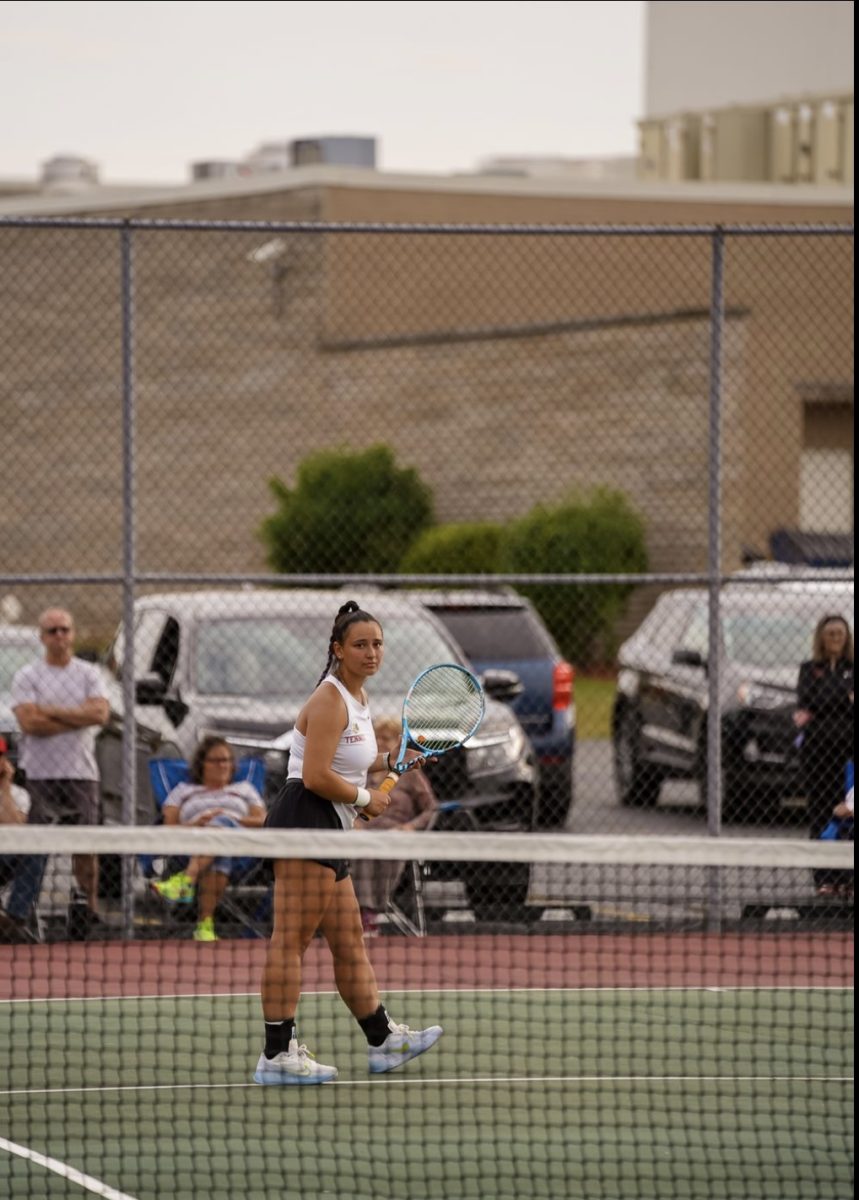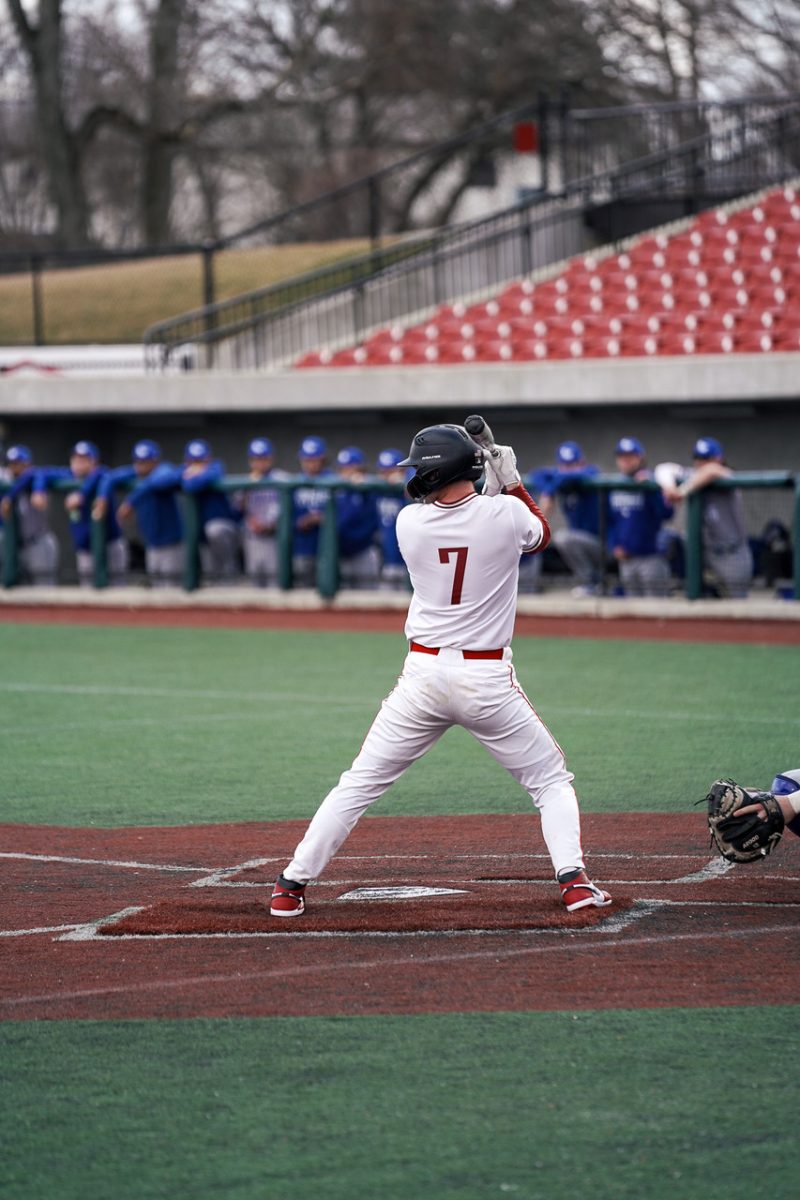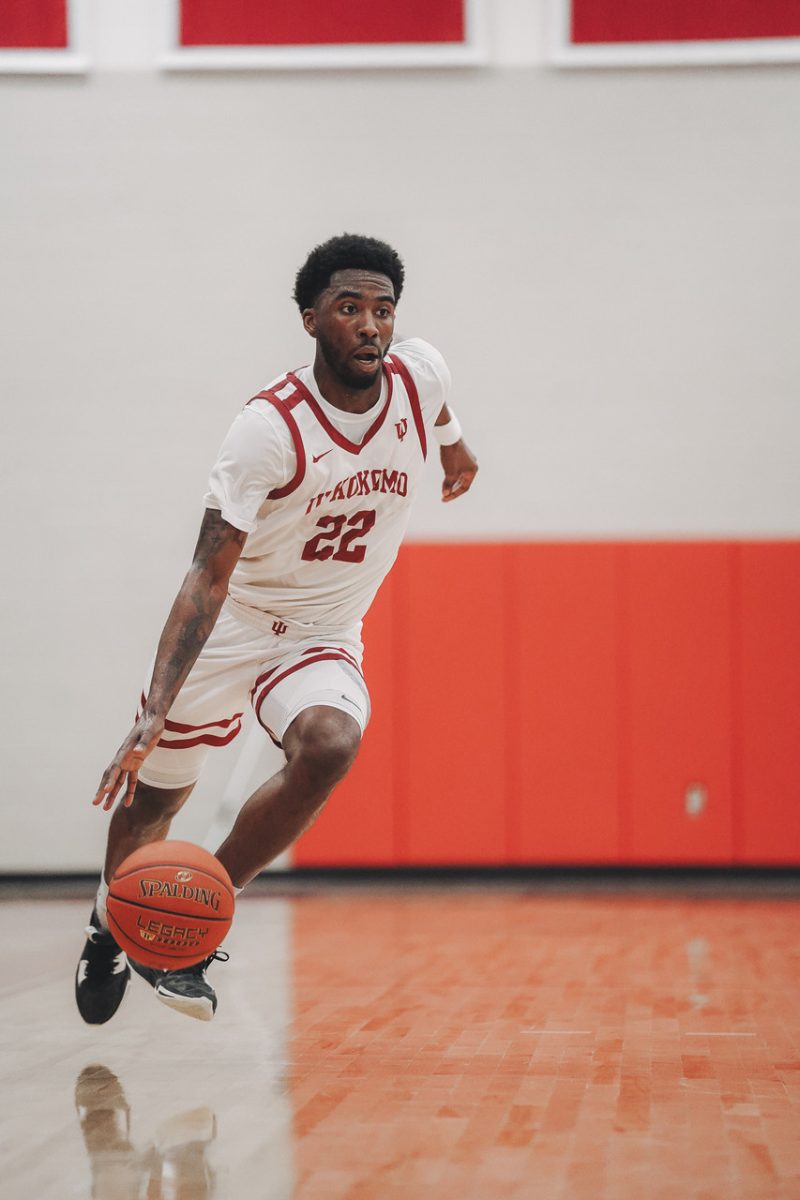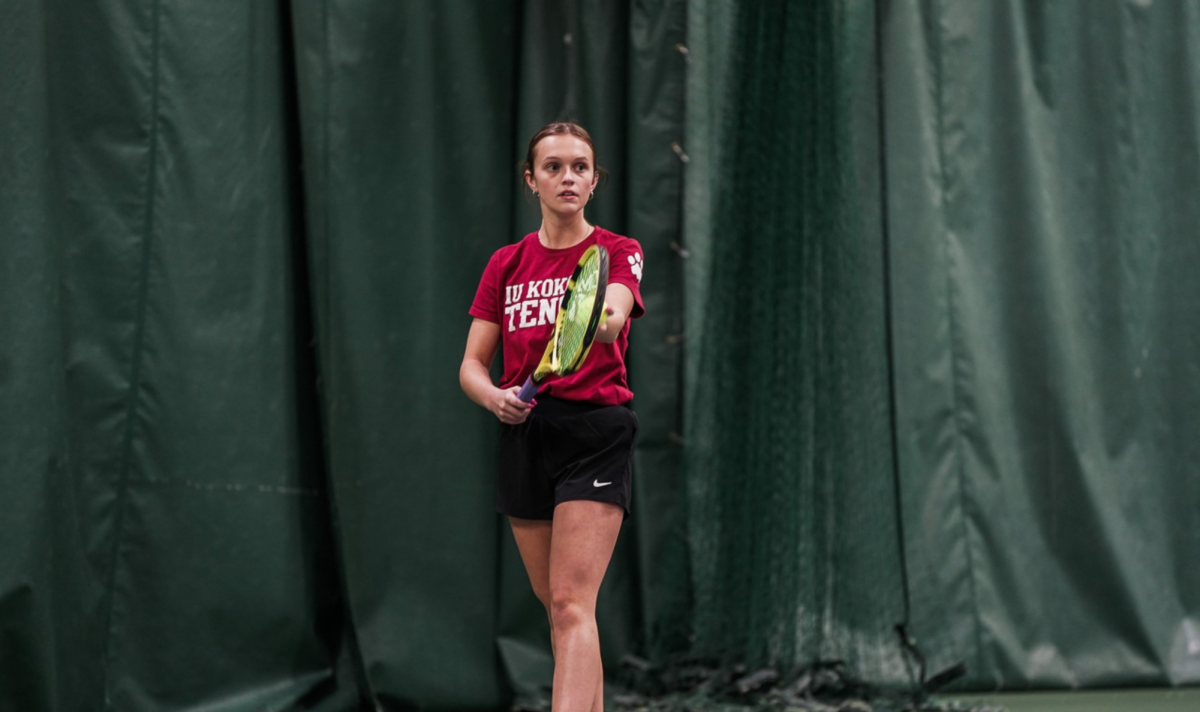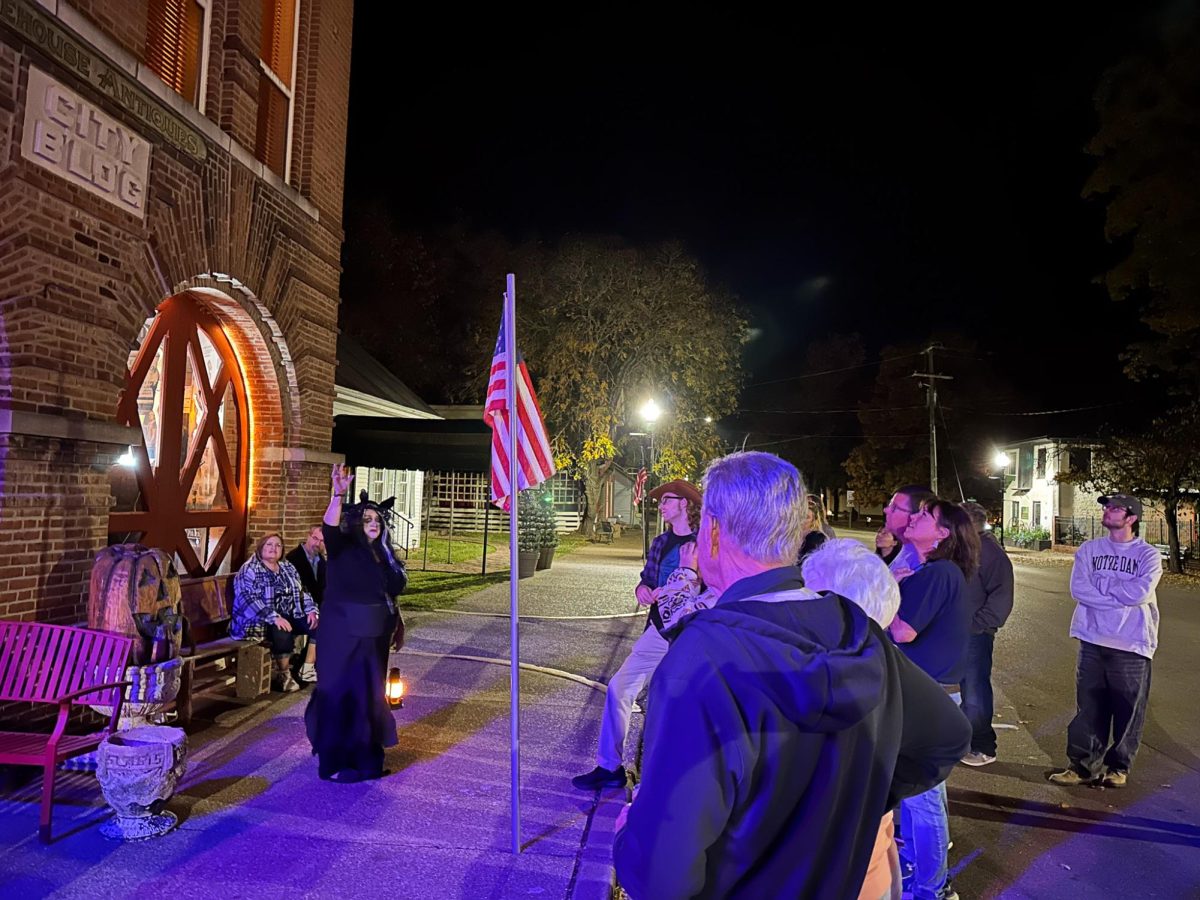In 1942, Temple B’nai Israel was established, finally creating an official place for Kokomo’s Jewish community to gather and hold services. Previously, Jewish community members would meet where they could, which usually meant whoever would open their house up for a meeting. Now, after 83 years of bar and bat mitzvahs, weddings, baby showers, fundraisers and services, Temple B’nai Israel is closing down due to lack of resources and membership.
Two long term temple attendees, Jim Mulis and Bill Mervis spoke with me about their experience with Temple B’nai Israel and what they think the future of Kokomo’s Jewish community may look like. Both Jim and Bill have attended the temple since they were kids and many of their most important life events happened inside the temple. When asked about his favorite memory from the temple, Jim said without hesitation, “the time I got married here or at least I better say that!” Jim was married in the temple’s sanctuary “in 1968, a long time ago, when we still had a pretty good congregation.” Jim described how back then, around 60-70 people would attend the temple and Sunday school had 20 or so kids, whereas today, “it’s becoming difficult to get 10 people to come to service.” As boys, Bill and Jim both recalled having their bar mitzvahs at the temple and learning Hebrew in the reception room. Bill remembered as a kid they would have activities at the temple for Jewish holidays.
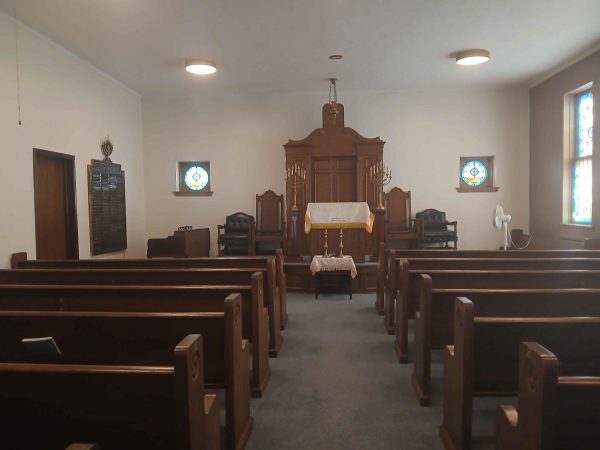
“The holidays like Passover, Yom Kippur, and Hannukah we would have services for. I remember having a fall harvest with cranberries strung up and we’d play games to win cheap toys.” When asked about what kind of activities the kids participated in, he recaptured how they would do things like act out a retelling of the story of Esther for Purim, which celebrates the saving of the Jewish people from annihilation by Haman (First Persian Empire.) Bill explained, “we would act out somebody trying to kill the Jews and then at the end of the story we’d say, ‘now let’s go eat!’” Bill also told me about how on Passover they would fast during service and “after service we would eat like crazy!”
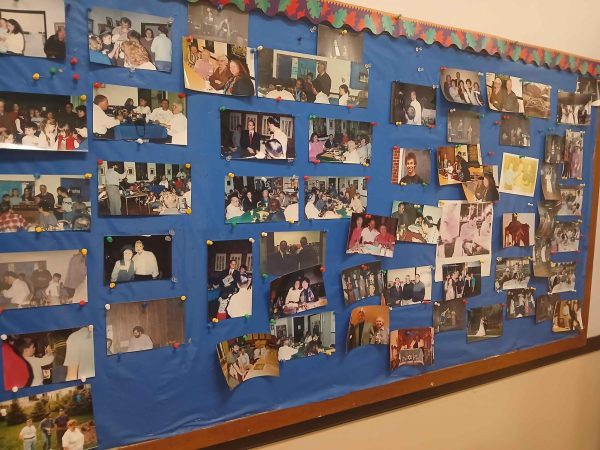
Temple B’nai Israel’s establishment was made possible by a businessman named Max Gerber and other Jewish community members. Gerber “had the connections during war time to get together and build the temple. His family gave money to the temple until they discontinued that sometime in the early 2000s or 1990s” according to Bill. Bill and Jim specified that the Gerber family funding was just one piece of the puzzle in terms of how the temple got money. Bill clarified that “business people ran this place like a business. We had fundraisers and art shows, and we did a pretty good job at that. Many were affluent doctors and business owners so they funded the temple as far out as they could.” As the years progressed, Bill explained that “kids moved out of town for better opportunities and nowadays the average age in congregation is 65 plus and that’s why we’re closing.”
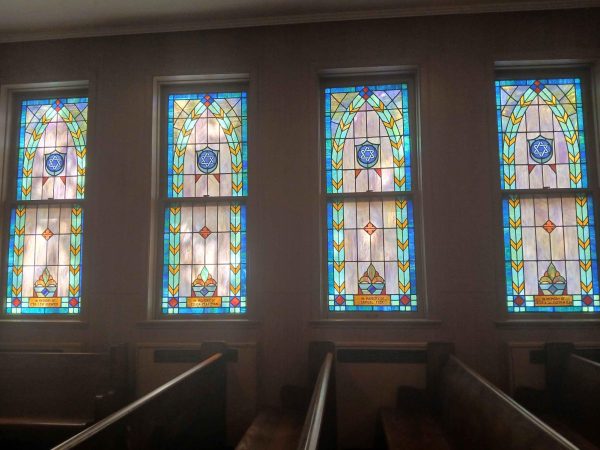
The tone in the room shifted as Bill illustrated that “nobody wants to take responsibility on again and it’s a shame. The temple has history you can’t replace once it closes. When the temple shuts down, there will be no representation for Judaism in the Kokomo community and that’s how antisemitism begins to form.”
After the temple closes this year, members are working to find another temple in Indy for their Torah to go to and find a way to save the beautiful opalescent stained-glass windows. Jim shared with me that after the closing of the temple, some members “will move to Indy, but there’s also talk about meeting at homes for informal services” just like how Kokomo’s Jewish community started over 80 years ago.

